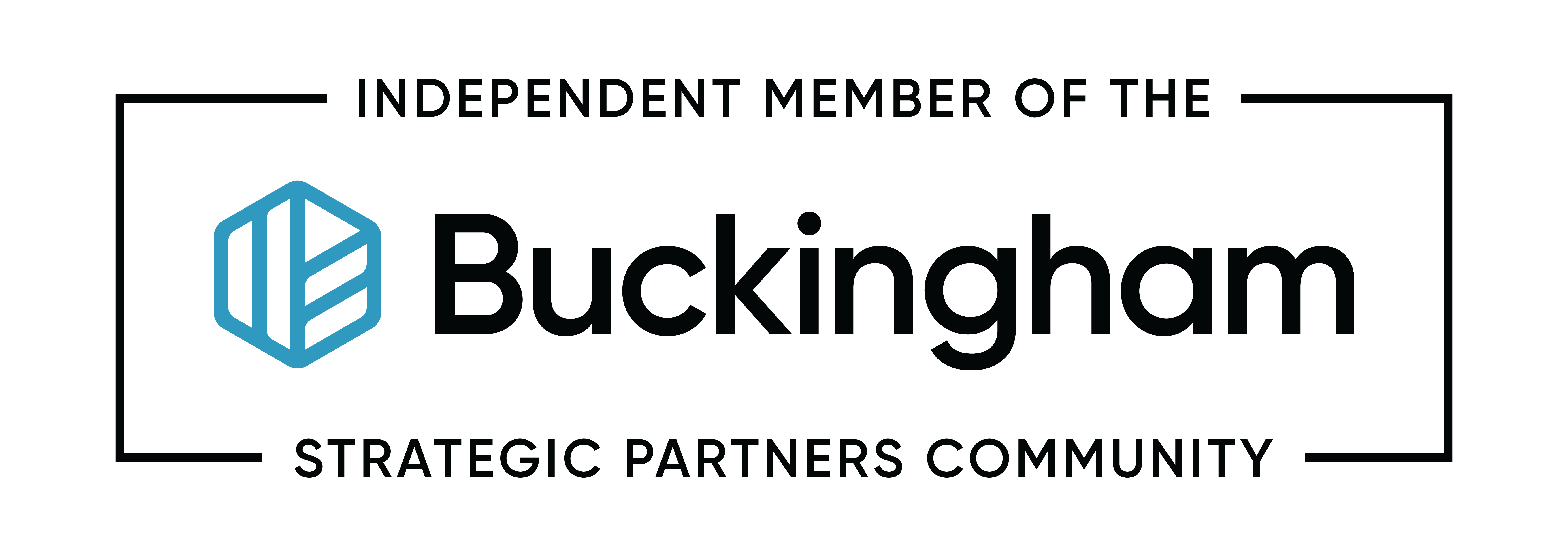My first job out of college was with a subsidiary of a major US investment and insurance firm. It seemed too good to be true that a company of that size was willing to hire a recent college graduate with very little work experience. During my orientation, it became very clear why they took a chance on me. I was hired to sell. It didn’t matter that I earned a degree in finance or had any other credentials. What mattered was I fit the criteria of the recruiter to move product – young, marketable, and hungry to make money.
After obtaining the proper licenses needed to offer investment and insurance products to clients, it became even more evident that my job was to sell the products which made me, my boss, and the firm the most money. I remember asking the question, “How are the products that have the highest commission appropriate for each client?” The answer was suitability. Most brokers and registered representatives of investment firms are held to a suitability standard. Meaning they only have to prove the product or security offered was suitable to meet the client’s financial goals. As I began to sit and talk with family members about putting their hard earned money in products that might only be suitable for their needs, I thought there had to be a better way. Turns out there is.
I quit my sales job after three short months. Very simply, I couldn’t sleep at night knowing I was not offering sound advice to clients. My search for a better alternative lead me to the world of passive investing and, more importantly, a culture of putting the best interest of clients ahead of my own. This concept is known as a fiduciary standard of care, a far cry from aforementioned suitability standard.
I spent the next 9 years with a very successful investment advisory firm, learning the traits of client centric advice and sound portfolio management. Those experiences afforded me this opportunity with Claris Advisors and to start this blog, which will be dedicated to helping people focus on what really matters in investing and wealth management.
Lesson number one: only work with a financial professional that is legally bound to act in your best interest. If they are unwilling to put that in writing, how will you ultimately know if they are providing unbiased advice or just moving product?

